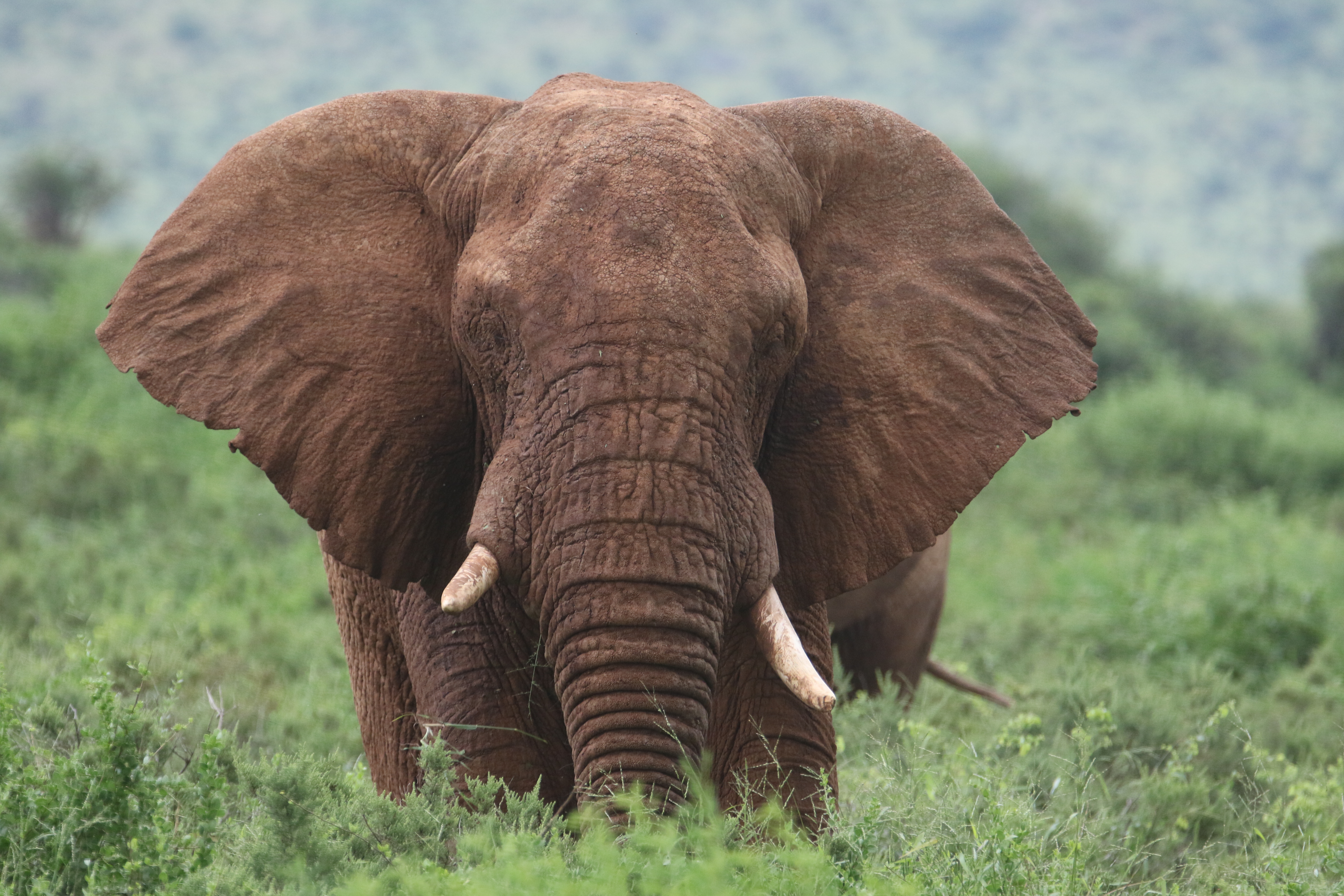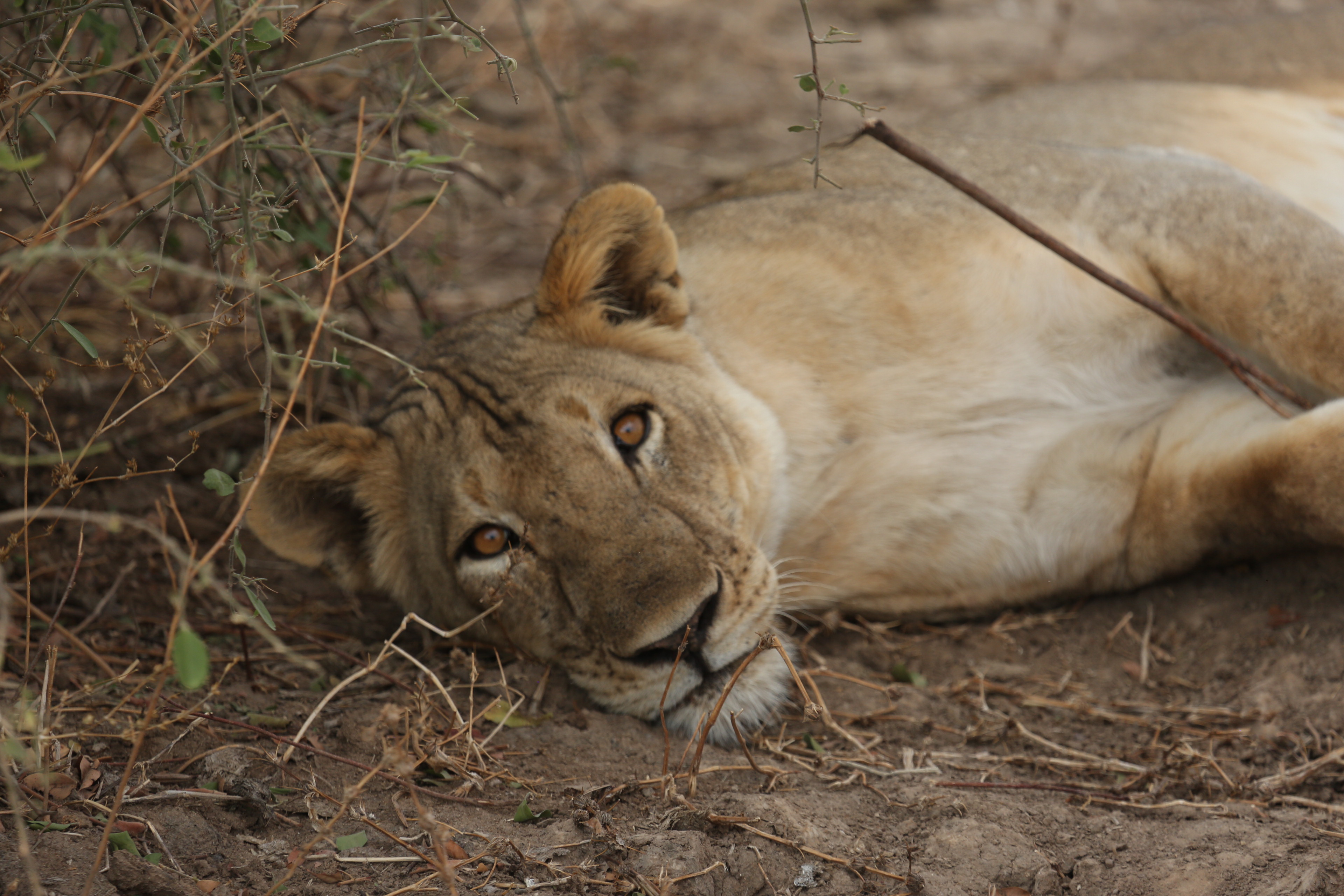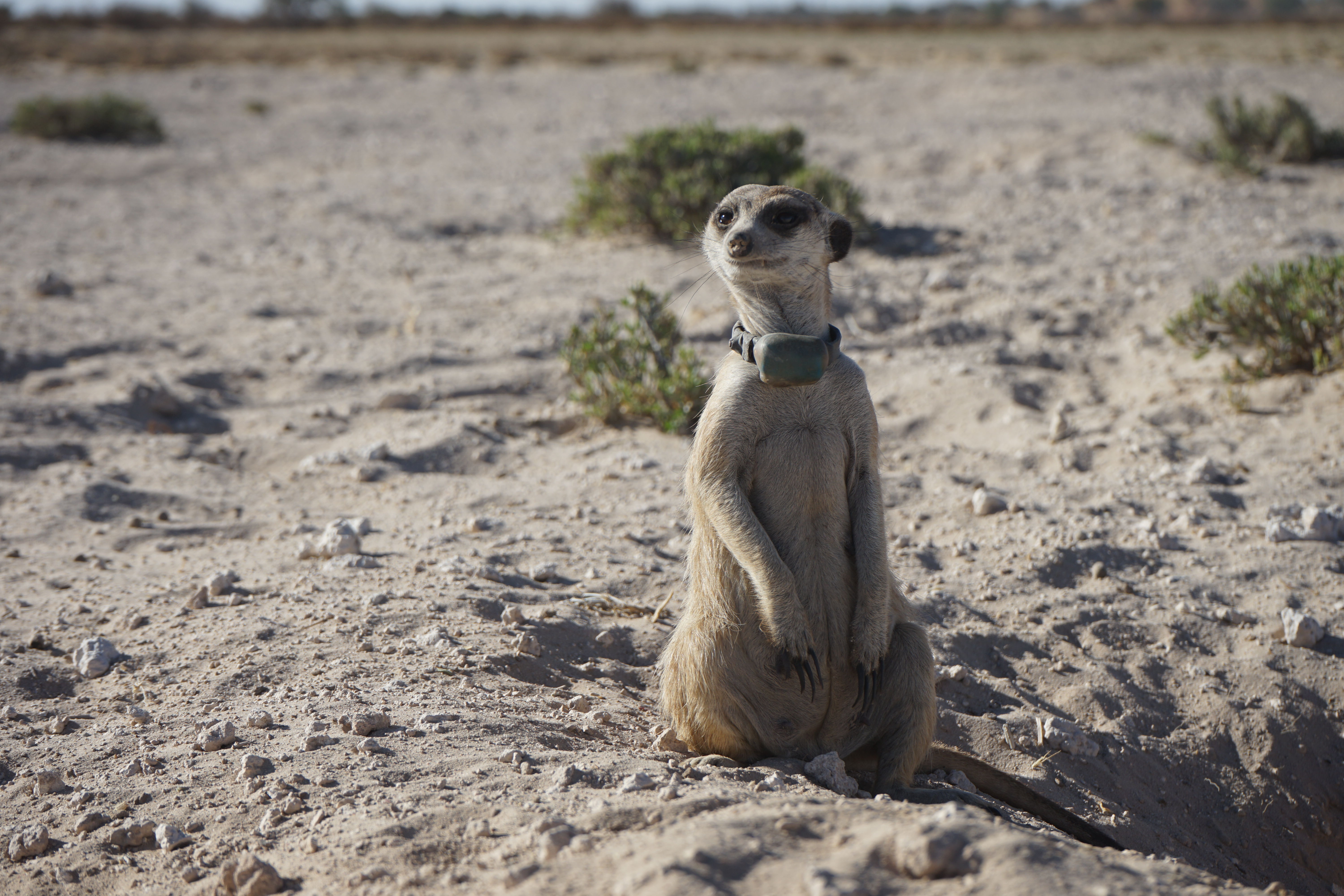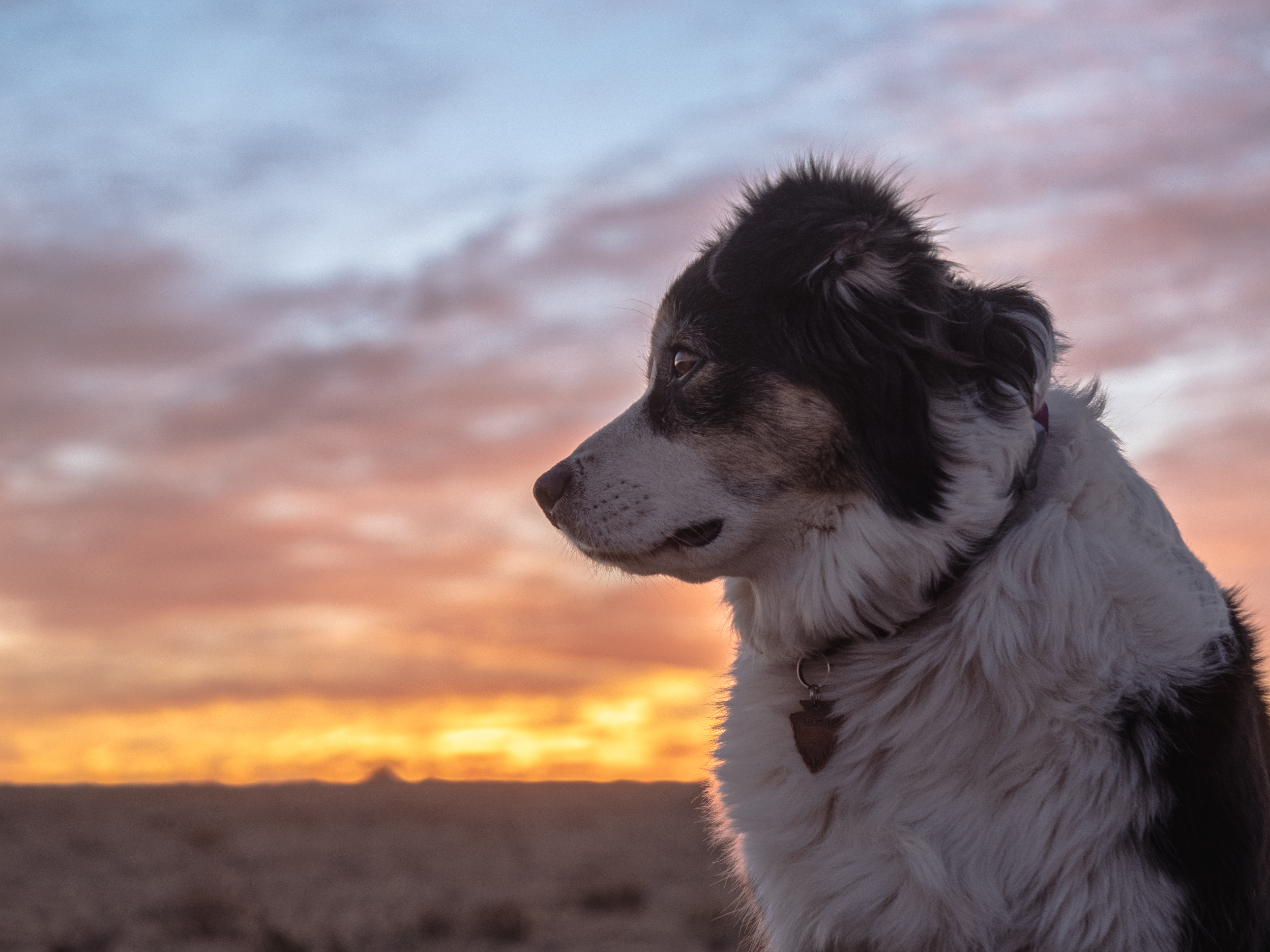
In the Womb: Animal Babies
Filmed over two and a half years, across Africa and the United States, this series tracks four animal mothers from conception, through their gestation and finally, to birth.
This ground-breaking series combines the latest scanning technology, with photo-real computer animation, to create the most realistic picture ever of life inside the womb – giving us an intimate window on the weeks and months of each baby animal's growth and development.
Pioneer Productions
Pioneer Productions is one of the UK's most successful specialist factual producers with a reputation for producing innovative, high quality, popular programmes for both UK and US broadcasters. The company prides itself on an industry-leading expertise in science and history, and a passion for telling factual stories in new and engaging ways.
Pioneer is prolific across a broad range of programme genres including history, science, drama-docs, engineering and adventure. The company has produced over 700 hours of programming, sold in over 60 countries worldwide. Clients include Discovery Channel, PBS, National Geographic Channel, History, ABC, TLC, Discovery Canada, and in the UK, Channel 4, Channel 5, the BBC, and ITV.
Pioneer Productions remains at the forefront of factual innovation and has won numerous awards for its output, capturing some of the most extreme weather on our planet in series such as Raging Planet, developing the use of special effects sequences to see inside human and animal bodies in In The Womb, creating pure CGI films such as Journey to the Edge of the Universe, and incorporating life-like CGI into drama-docs such as Cradle To Grave, The Unsinkable Titanic and Hindenburg. As well as continuing to push the boundaries with what’s possible in CGI, Pioneer is also developing unrivalled expertise in live and ‘as-live’ specialist factual with the Great American Eclipse (Science Channel), and the use of innovative technology in Channel 5 wildlife series Nocturnal Britain.
Other recent productions include long-running high-end science show How The Universe Works (Science Channel), as well as Secrets of the Royal Gardens (More4)



